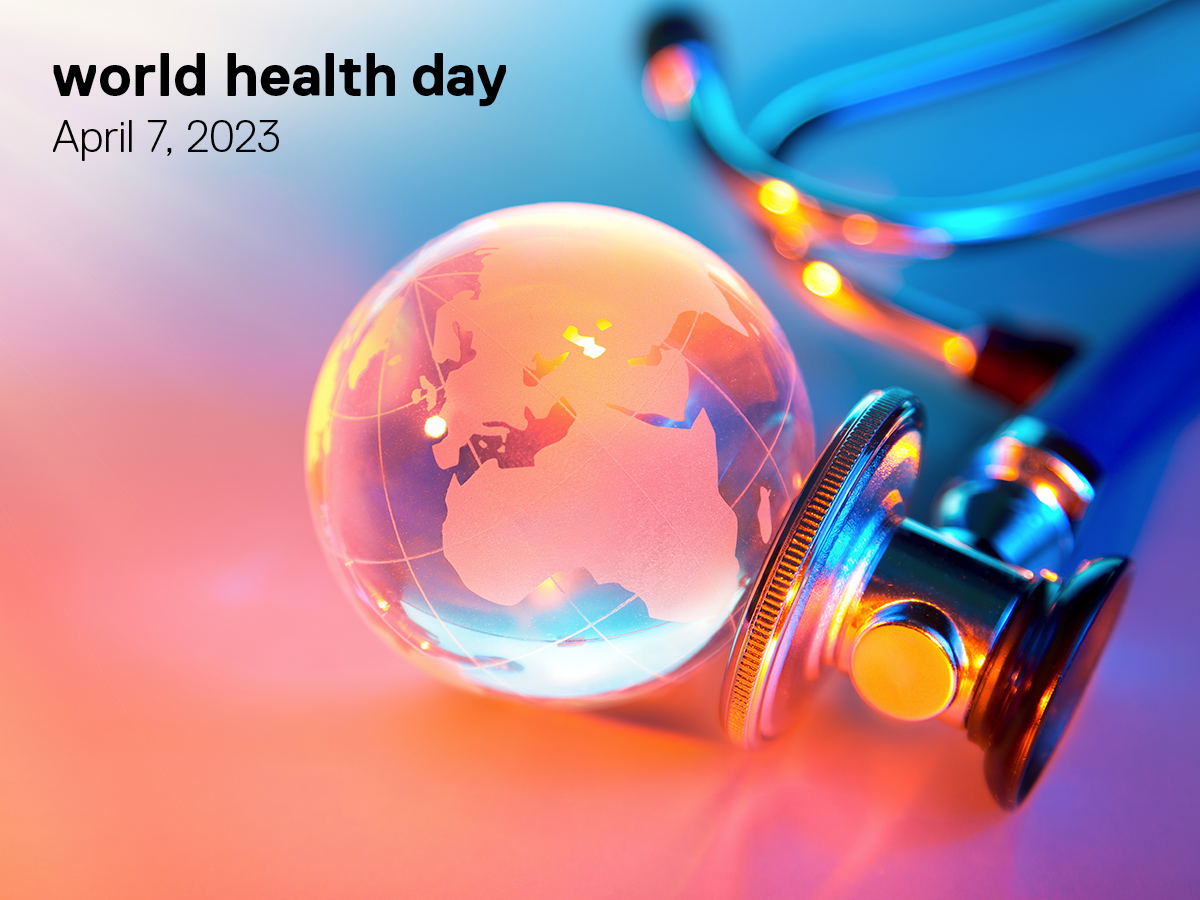How Toronto Metropolitan University researchers are reinventing modern-day health care

Toronto Metropolitan University researchers and alumni are shaping the field of modern-day health care through innovative approaches to their projects.
The field of health care and wellness is ever-changing, with emerging technologies and innovations shaping how we care for our bodies and minds. Toronto Metropolitan University (TMU) researchers continue to reimagine what modern health care and wellness look like. For World Health Day on April 7, we highlight their innovative explorations and projects.
History made by a student researching imaging methods for quantifying lung damage
Medical physics PhD student Meghan Koo won first place at the J.R. Cunningham Young Investigator Symposium competition in medical physics for developing a new way of analyzing computed tomography (CT) images used to diagnose lung diseases. She made history as the first woman in 11 years to win this award, the first woman of colour ever to win, and the first TMU student to place in the top three of the competition.
Online health-care toolkit for LGBTQ2S individuals
The Sexual Orientation and Gender Identity Nursing Toolkit developed by Professor Erin Ziegler is used by 2.5 million individuals around the world and was developed with the intention of reducing barriers to equitable health care faced by LGBTQ2S individuals. The tool uses virtual case simulations to aid health-care practitioners and educators as part of their curriculum and professional growth.
Reading between the lines in food packaging marketing
In 2018, Statistics Canada reported that almost one in three Canadians were obese, and diabetes has also become more prevalent. Professor Eugene Y. Chan's research found a correlation between such diet-related illnesses and food packaging. (external link) His study demonstrates how consumers are vulnerable to manipulative marketing ploys such as “bigger is better,” which encourage unhealthy diet choices.
Artificial intelligence app designed to manage diabetes
Managing diabetes becomes more straightforward with the award-winning app, Glucose Vision Inc. The app, created by TMU alumni Liam Bell, Muhammad Khan and Osama Muhammad, uses artificial intelligence to evaluate meal servings in real time, making portion recommendations and determining how much insulin might be required. The app will help users reduce the risk of the disease’s long-term effects.